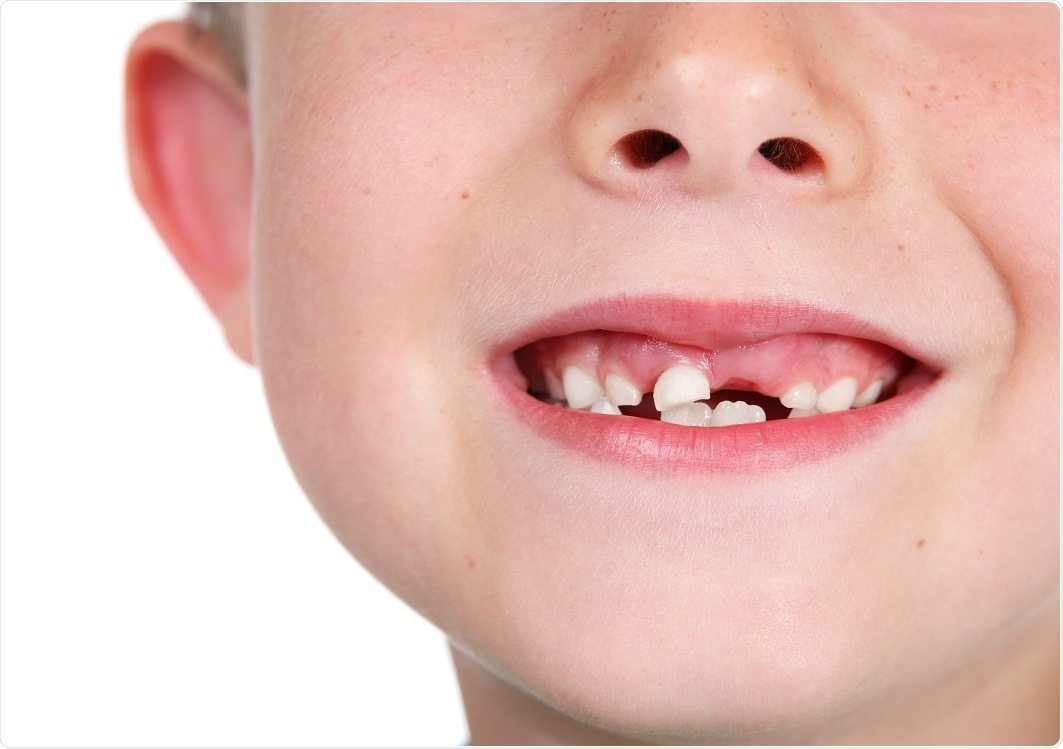A study presented at the American Association for the Advancement of Science has found that scanning children’s teeth could help to predict the risk of developing mental health problems later in life.
 Suzanne Tucker | Shutterstock
Suzanne Tucker | Shutterstock
A thin layer of tooth enamel, for example, could indicate trauma during fetal development that carries an increased risk of developing a mental health disorder.
The milk teeth start growing while a baby is in the womb and finish forming during the first year of life. A thin layer of enamel indicates early trauma that could be related to maternal stress or nutrition status during pregnancy, explained lead researcher and psychiatrist Dr. Erin Dunn (Massachusetts General Hospital). The same trauma that can impede enamel growth appears to also influence the risk of mental health disorders developing.
For the study, Dunn teamed up with anthropologists and archaeologists to analyze lost milk teeth that had been donated by 37 six-year-old children. The team took high-resolution images of teeth and compared these to the results of behavioral assessments of the children.
We saw that children who had thinner enamel tended to also have mental health symptoms in the form of what we call “externalizing symptoms” – which are more outwardly observable emotional and behavior problems. So acting out, aggression, inattention, impulsivity. hostility, not paying attention and not listening.”
Dr. Erin Dunn, Lead Author
The ability to identify these children at an early stage could help them to receive the psychological help they may need before they develop mental health problems late in life.
Although the findings may seem logical to archaeologists, to psychiatrists they represent a potentially entirely approach to how to screen for common mental health disorders.
As a scientific community, we have spent decades trying to find ways to identify people – especially children – who are at risk of having mental health problems in the future… Imagine if teeth could begin to unlock that mystery.”
Dr. Erin Dunn, Lead Author
Sources
The Dunn Lab
AAAS